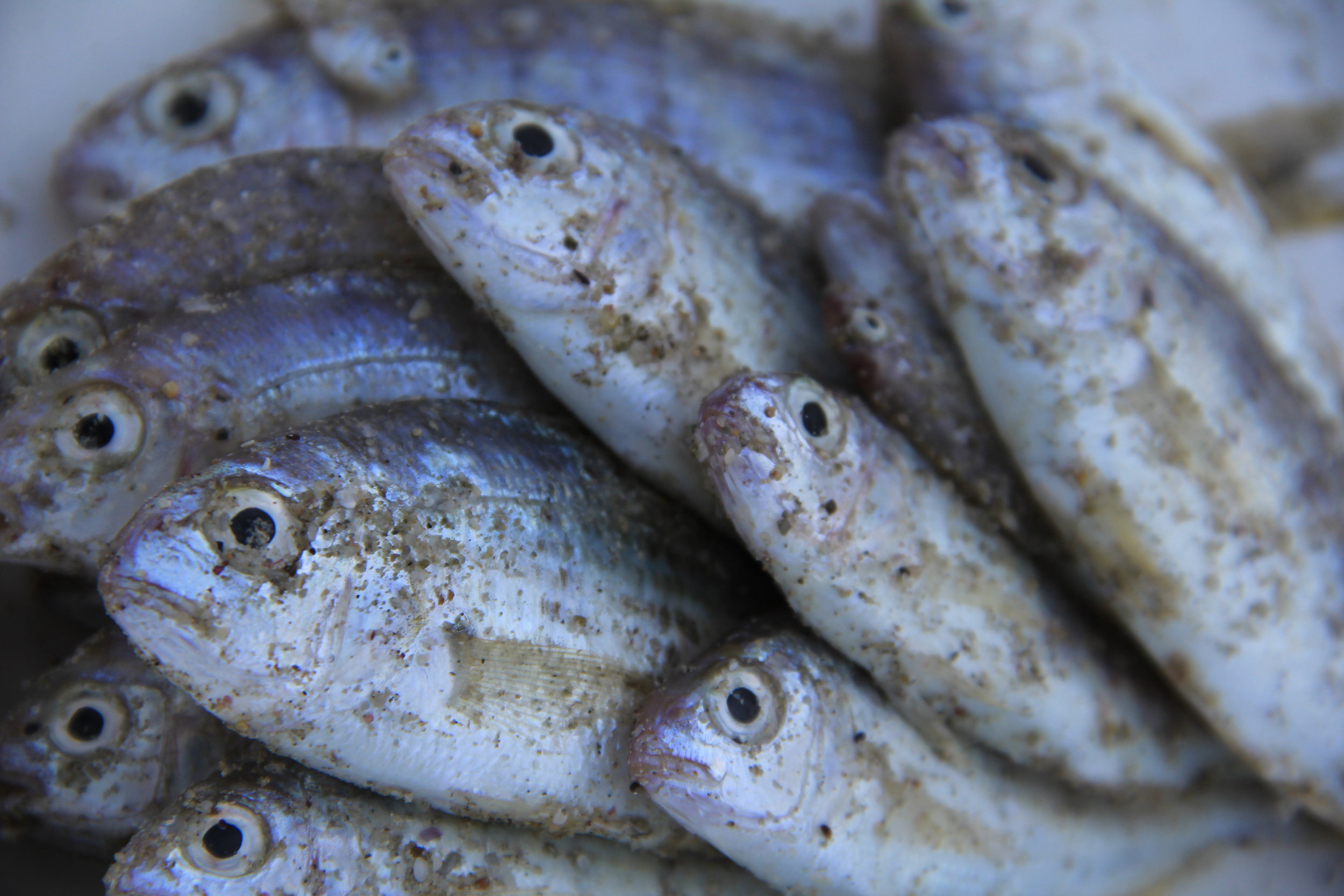Plundering the Oceans: The Issues with Overfishing
Thomas Morris
As we continue on our journey unearthing the threats that plague our oceans, this following threat is particularly complicated. There is an old saying ‘there’s plenty of fish in the sea’. Unfortunately, this is not the case. Here’s why.
Humanity’s dependence on the ocean for food is incredibly well documented. If we look into the caves of our ancestors in Africa, you’ll find shells and bones from oceanic animals. You’ll see evidence of rock walls in the intertidal zone, creating rudimentary tidal pools that were used to harvest unsuspecting fish and invertebrates that got stuck in these traps at low tide. These remains and structures date back 200 000 years ago and our appetite for ocean food has only increased.
Fish is the most traded food commodity worldwide with almost 80% of commercially relevant marine species being fully exploited or completely over exploited to meet this demand. We have depleted certain fish stocks to the brink of extinction, and when it becomes commercially impractical to continue fishing this species … we quickly adapt to utilizing the next best species. These practises have catastrophic effects on local food chains that have repercussions across the globe. These repercussions not only impact ecosystems, but are a threat to our very existence.
Luckily, national and international authorities have realized that we are decimating these populations and have brought in a bunch of regulations to curtail overfishing. On a national level, these measures include fishing quotas, bag limits, licensing, closed seasons, size limits and the creation of marine reserves and other marine protected areas. Internationally, this is a little more complicated. And here we need to delve into a bit of law.
According to the law of the sea, each country has the right to 200 nautical miles off their coast. Anything past that is considered the ‘high seas’. This shared resource is utilized by anyone who can access it. And acting independently, according to their own self-interest, deplete or spoil this resource because ‘if I don’t have it, someone else will’. The tragedy of the commons is a well-studied concept and unfortunately impacts our high seas animals to catastrophic consequences. Just look into the Orange Roughy, Grenadiers or many large shark or mammal species.
But this issue is not just global in scale. It impacts individual people in the most remote of areas. Many developing countries depend on fish as their source of income. Not only to feed their families but to travel the world on boats creating a simple existence for them and their families. By establishing limits and quota’s, authorities are restricting the amount of money these, at times, desperate communities depend upon. To make matters worse, conservation organisations step in and create no-take marine protected areas around the homes of these people, preventing them from utilizing a resource they have had access to for decades.
The right to the ocean, to its resources, is steeped in controversy. It is a complex environmental, economic, social, spiritual and political issue with no ‘one plan, fix all’ approach. So, what can be done to alleviate some of the pressure?
Personally, you can educate yourself on the issue. Read about it from all the above perspectives and try and get a more holistic picture of all the players in this particular game. Importantly, if you love eating fish, learn which fisheries are currently being well managed and have sustainable practises. Look into the Marine Stewardship Council or other local NGO’s or NPO’s that build sustainable seafood guides. Many of them have apps you can download onto your device that allow you to check before you buy.
Finally, educate people around you. If a restaurant, fish shop or market is serving a fish that is unsustainable, tell the manager or owner. Remember, many people don’t know they are doing it wrong, so use some tact and treat it as a chance to educate, not a chance to get up on your soap box. No one likes to be lectured (except, perhaps, students :). Use what platforms you have access to and share success stories. For example, South Africa just upped their marine protected areas from covering 0.4% of their EEZ to 5%. This is an incredible achievement. Also, look into the work that Conservation International is doing around the pacific islands.
There are thousands of success stories around the world. I choose to create change by having hope. Do you?



